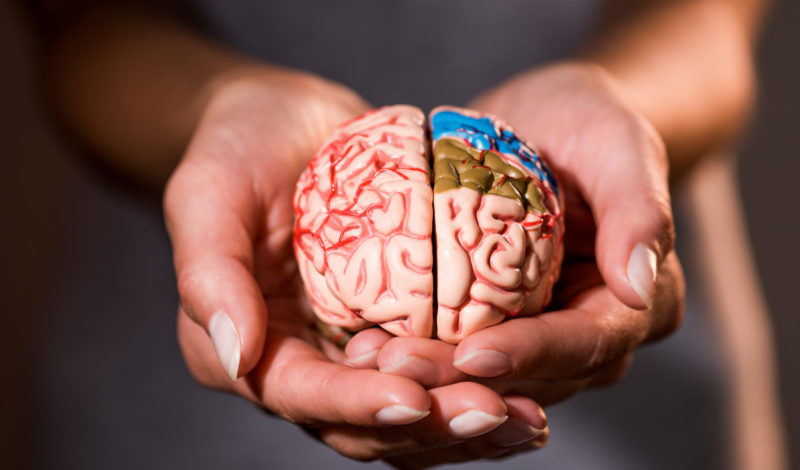The intestine can digest much more than "just" food: A network of around 100 million nerve cells runs through the entire gastrointestinal tract and [...]

Intestinal inflammation and its symptoms
Bowel inflammation are very unspecific. This makes it so difficult to recognize the disease immediately. For this reason, a thorough examination by a doctor is essential; he can identify the symptoms of intestinal inflammation and thereafter recommend treatment. Which signs and complaints appear most frequently?
Inflammation of the bowel symptoms: Which are typical?
Inflammation of the intestines manifests itself differently in each person affected: While one person has the entire set of symptoms, the other is lucky and has only a few complaints. Which bowel inflammation symptoms actually occur depends on the individual circumstances. The typical signs of intestinal inflammation are:
Depending on the cause of the inflammation, either the entire abdominal cavity or certain areas can react with pain.
If the intestine is inflamed, the intestinal walls are often irritated. As a result, they are no longer able to absorb any fluid from food. As a result, the patient’s stool does not thicken and diarrhoea occurs.
Pain in the gastrointestinal tract often causes people affected to feel less hungry and eat less. Especially in combination with diarrhoea, the affected person should ensure that he or she drinks enough so that the body does not dehydrate.
Constant pain or nausea will take away the strength of the person affected. It is not uncommon for inflammatory bowel disease to show symptoms such as fatigue and exhaustion. In addition, headache and aching limbs can be symptoms.
If continuous fever occurs, an immediate visit to the doctor is necessary. If an affected person ignores this symptom, he or she may risk his or her life in acute cases.
The affected person should observe exactly which complaints occur in which situations. Does he notice signs also or only with psychological stress, for example in private or professional stress situations? Or do complaints appear especially after eating certain foods? This can be an indication of food intolerances and allergies.
Identifying intestinal inflammation and treating it correctly
People often misinterpret their symptoms, ignore them or try to treat them themselves. But this is not always the right way. Because with the wrong medication or without treatment, the symptoms only become stronger, the inflammation spreads to other areas of the stomach or intestine and becomes chronic.
Many forms of intestinal inflammation are easily treatable if a correct diagnosis has been made previously. Depending on the severity and type of inflammation, different treatment options may be considered. In severe inflammations, antibiotic therapy is often the right choice. In the case of chronic intestinal inflammations, however, the symptoms occur in episodes. Therefore, Crohn’s disease or ulcerative colitis are treated with medication that weakens the episodes. It is not possible to cure both intestinal diseases. The aim is to inhibit the inflammations, to keep the pain as low as possible and to prevent cramps and diarrhoea.
- Sources:
- Front.Kelsen, J. R., Russo, P., & Sullivan, K. E. (2019). Early-Onset Inflammatory Bowel Disease. Immunology and Allergy Clinics of North America, 39(1), 63–79. https://doi.org/10.1016/j.iac.2018.08.008
- Wehkamp, J., Götz, M., Herrlinger, K., Steurer, W., & Stange, E. F. (2016). Inflammatory Bowel Disease: Crohn’s disease and ulcerative colitis. Deutsches Aerzteblatt Online. doi: 10.3238/arztebl.2016.0072
- Darmentzündung (Enteritis): Ursachen, Symptome, Verlauf | gesundheit.de
- Mentella, M.C.; Scaldaferri, F.; Pizzoferrato, M.; Gasbarrini, A.; Miggiano, G.A.D. Nutrition, IBD and Gut Microbiota: A Review. Nutrients 2020, 12, 944. https://doi.org/10.3390/nu12040944



